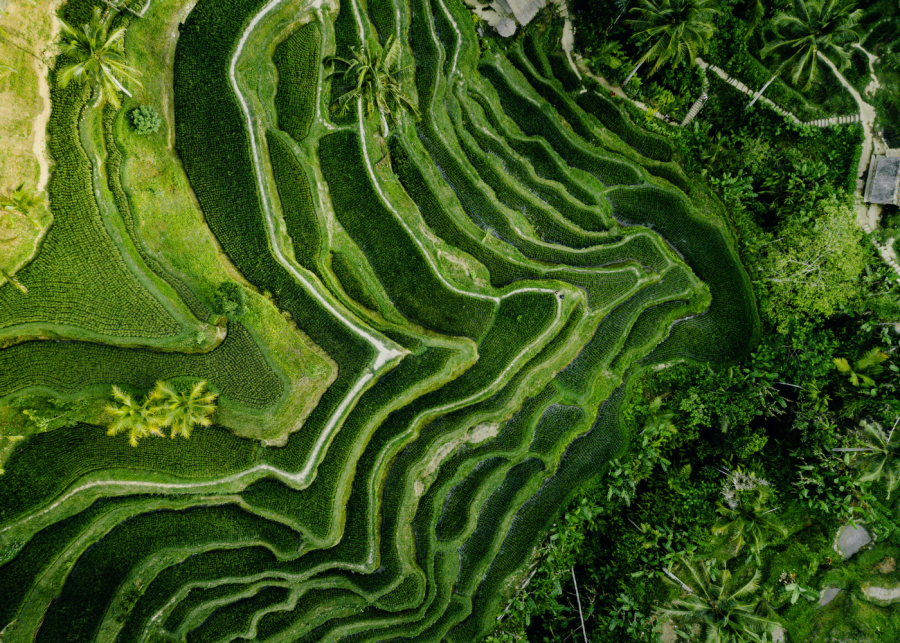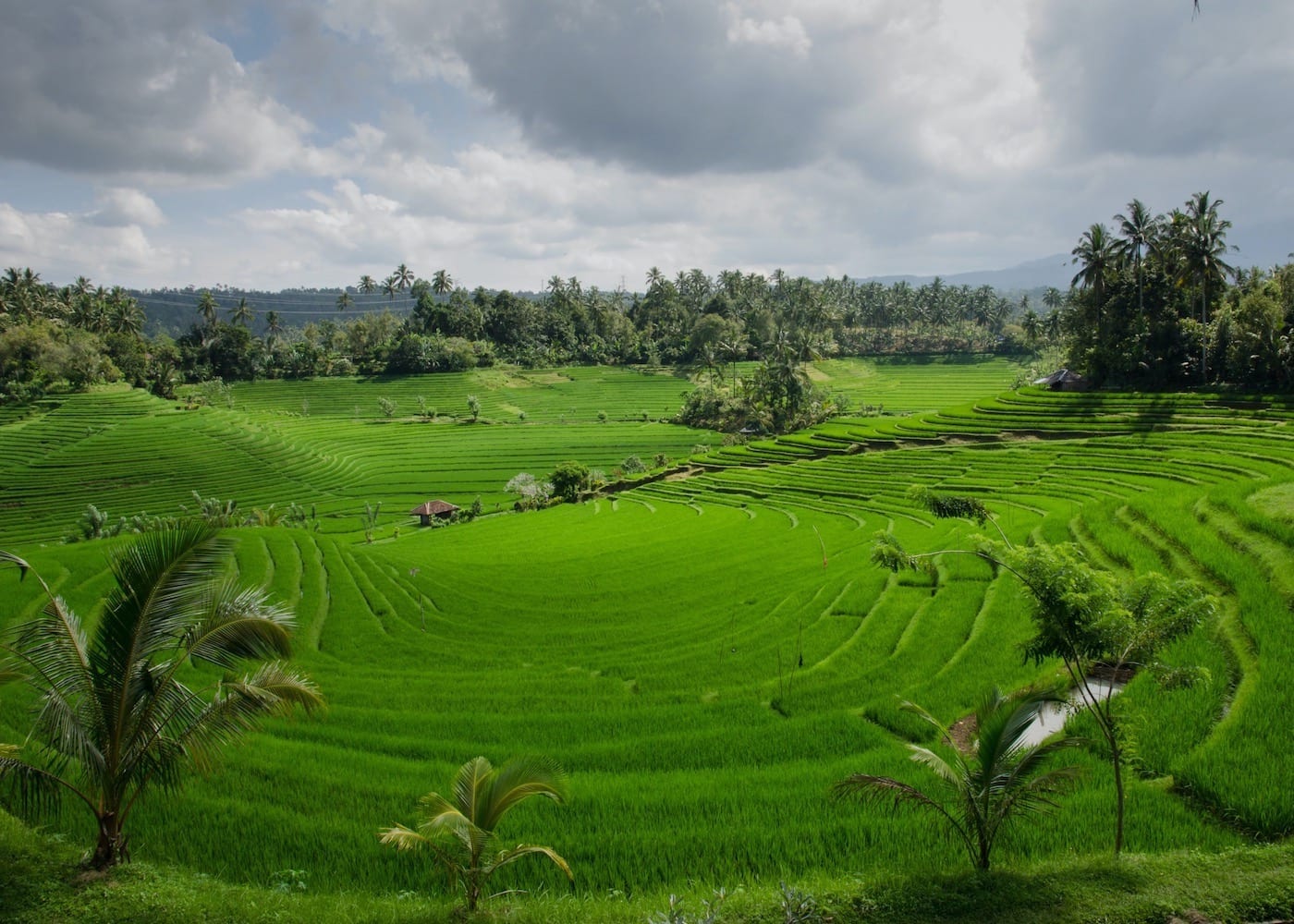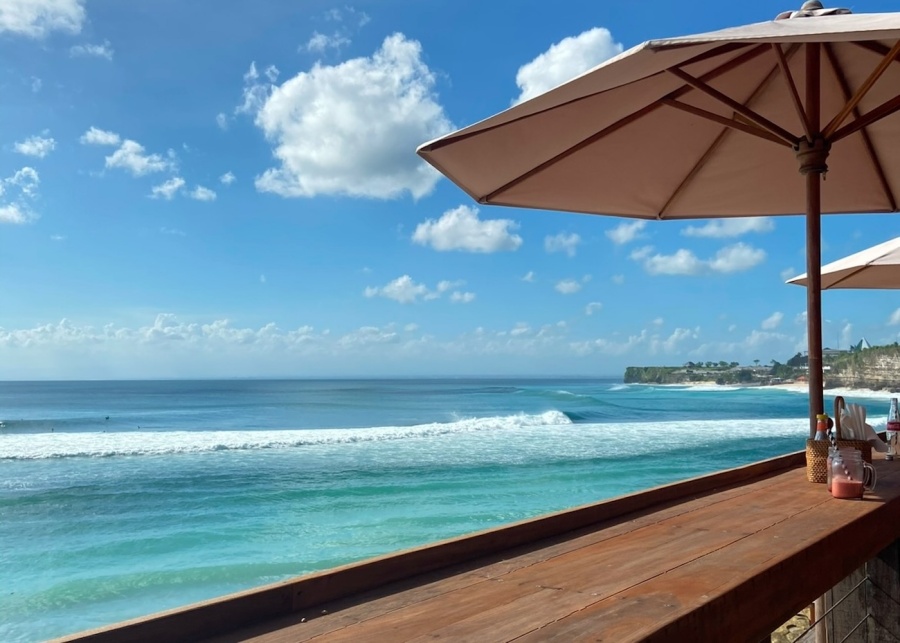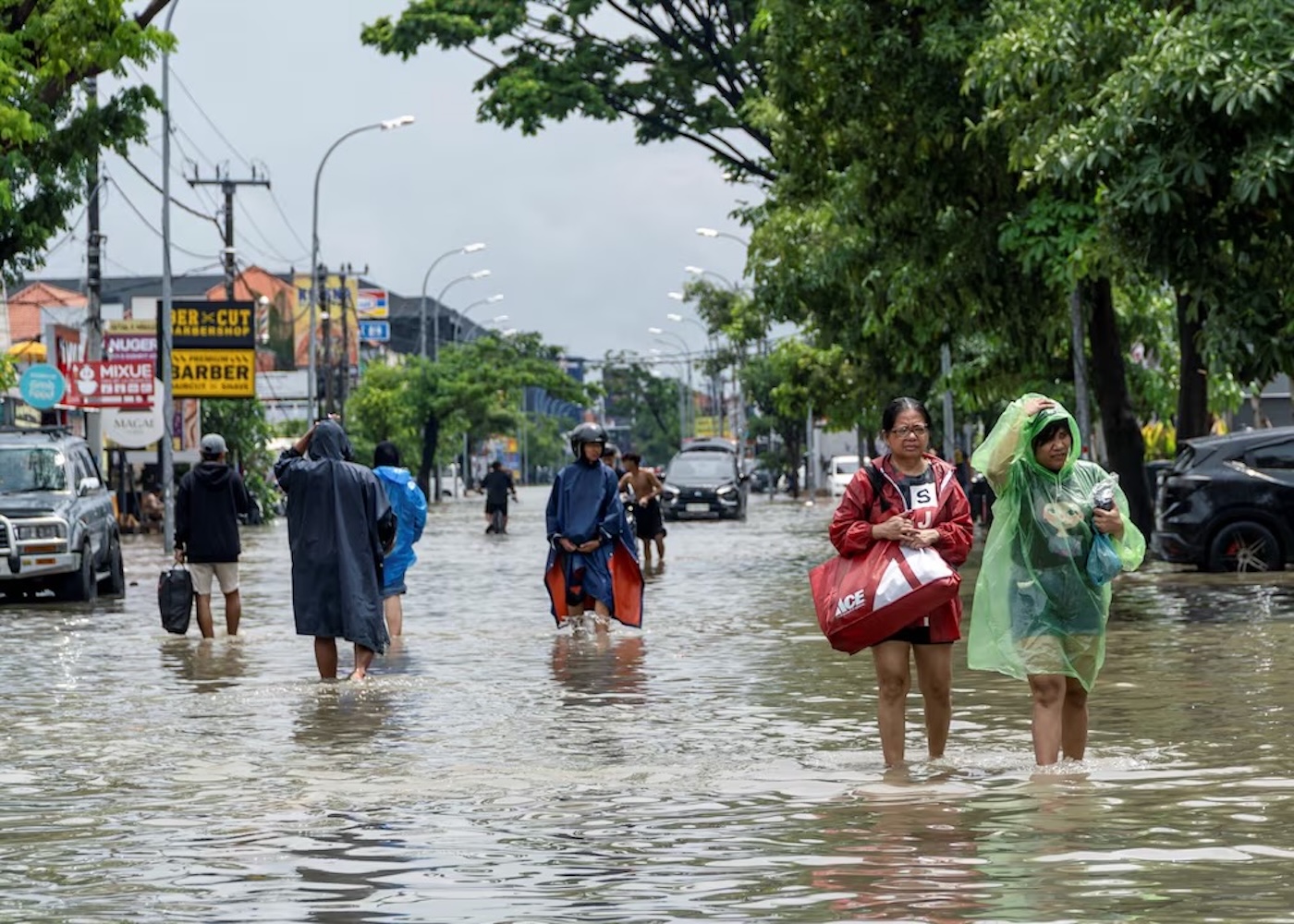
Big news from the Island of the Gods, and this time, it’s actually good news!
Bali’s new building ban is hitting pause on new hotels, villas, and restaurants built on farmland and green zones. Why? To let the island breathe, bring back balance, and make sure we can all keep enjoying the most beautiful places in Bali we fell in love with. It’s not a “stop the fun” rule, it’s more like Bali saying, “let’s tidy up a bit before we invite more guests.”
Does it affect you as a traveler? Not at all! Existing places stay open and tourism continues, just a little more sustainably.
Here’s everything you need to know about what’s changing, and why it might just be good news for Bali’s future.
Bali’s New Building Ban 2025: All You Need To Know

Why Bali’s hitting pause
The conversation around overdevelopment in Bali isn’t really new. In fact, this decision actually comes after years of concern about how fast the island has been building, and what’s been lost in the process. The floods that hit parts of Denpasar and Gianyar in late 2025 were a wake-up call, highlighting how paved-over fields and disappearing forests have made Bali more prone to disasters.
As a result, Governor Wayan Koster has now instructed local authorities to stop issuing new permits for hotels, villas, and restaurants on agricultural and water-absorption land. It’s part of a broader plan to restore environmental balance and protect what’s left of Bali’s green heart.
In other words, it’s less about stopping tourism, and more about making it sustainable.
A closer look at what’s really changing
Here’s where things get interesting. In theory, Bali’s “green zones” have always been off-limits to development, yet over the years, we’ve seen more and more hotels, cafés, and villas quietly pop up where they technically shouldn’t.
So is Bali’s new building ban truly a new law? Or is it simply a long-overdue enforcement of rules that were already meant to exist?

Take the Bingin Beach demolition, for example. Several structures were recently torn down for being built on protected coastal land, which in turn sparked outrage among business owners and residents alike. If the ban is meant to protect green zones, does this mean other illegally built developments could face the same fate?
It’s a tricky question, and one that shows how complex Bali’s growth story really is. For now, though, the government insists the focus is on “sustainable balance,” not punishment.
So, what does the ban actually mean?
Let’s be clear: this doesn’t mean Bali is shutting down development entirely.
The rule applies mainly to productive land, areas that are meant for farming, water retention, or forest preservation. New projects in officially zoned tourism areas (like Seminyak, Sanur, and Nusa Dua) may still move forward, but with tighter oversight, giving more room for the best eco-friendly Bali hotels to shine.
Existing villas and restaurants aren’t affected either, so your favorite staycation spot isn’t going anywhere. The focus is on protecting the spaces that keep the island alive, including its beautiful rice terraces, farmlands, and the best waterfalls in Bali.
What Bali’s New Building Ban Means for Travelers
If you’re planning a holiday, this policy won’t change your plans, but it might make your experience richer.
- Fewer cranes, more calm: Expect to see more views of the enchanting palm trees instead of scaffolding in Bali’s neighbourhoods.
- More authenticity: Preserving farmland and village zones keeps Balinese culture, food, art, and ceremonies alive.
- Greener stays: Expect to see more eco-retreats, conscious resorts, and sustainable travel experiences in the mix.
So rather than “less Bali,” this may actually mean a better Bali. Slower, greener, and more meaningful.
What’s next for Bali’s building ban
For now, the policy remains under review, but it’s already prompting deeper conversations about what kind of growth Bali really needs. If the pause continues, we can expect a stronger focus on upgrading existing properties rather than building new ones.
In the long run, this could also inspire a shift in the tourism industry itself. More travelers may start seeking out locally owned stays, community-based experiences, and destinations beyond the usual hotspots. At the same time, local governments will likely face pressure to enforce zoning laws more consistently, not just on paper, but in practice.
However, until officials finalise the duration and scope of the ban, there’s still some uncertainty. Nevertheless, the spirit of the ban feels clear, protect what’s left of Bali’s natural and cultural landscape before it’s too late, and build a more conscious future for everyone who calls the island home (even the visitors).
FAQs about Bali’s Building Ban
1. Is Bali really banning all new hotels?
Not quite! The rule mainly targets productive land, like rice fields, forests, and other green zones. Developments in designated tourism or urban areas can still move forward under tighter checks.
2. Will this affect my upcoming trip?
Not at all! Existing hotels, villas, and restaurants are still open and operating as usual. The policy is about where new projects can be built, not about shutting down what’s already there.
3. Why now?
After years of rapid construction, and recent flooding linked to poor land management, the government decided it’s time to protect agricultural zones and restore water balance.
4. How long will the ban last?
There’s no fixed end date yet. Officials are still reviewing how long Bali’s building ban will be needed while they reassess zoning and sustainability plans.
5. What does this mean for Bali’s future?
More green views, less concrete sprawl. Officials aim to make Bali’s tourism more sustainable by focusing on quality, not quantity.
6. Should visitors do anything differently?
No changes needed! Just enjoy the island responsibly, support local markets in Bali, stay in eco-conscious places, and be part of keeping Bali beautiful.
So don’t fret, Bali’s still as magical as ever! Start planning your next Bali escape and before you go, make sure to check out our Bali travel tips: all you need to know before visiting the island in 2025.
